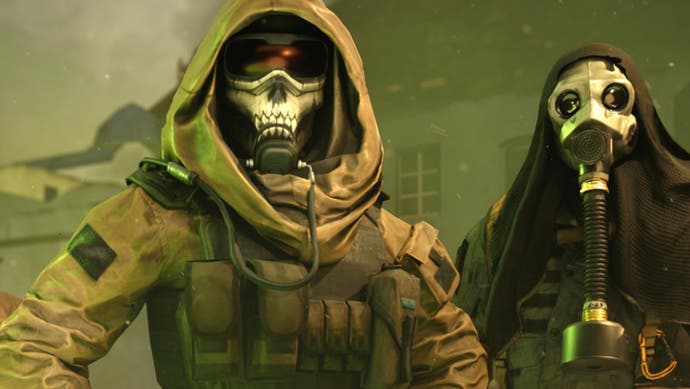Tencent's Timi Studios may be the "world's largest developer" now
Dollars and (Ten)cents.
Tencent's Timi Studios, the studio behind Call of Duty Mobile and Honor of Kings, generated revenue of $10 billion - £7.23bn - in 2020.
Reuters, which broke the story, reports that if true, that makes Timi "the world's largest developer", providing the studio with "a hefty basis for its ambitions to move beyond mobile games and compete directly with global heavyweights developing expensive AAA titles on platforms such as desktop computers, Sony's PlayStation, Nintendo's Switch and Microsoft's Xbox".
The news comes after Tencent publicly reported it had generated 156.1 billion yuan (£17 billion) in revenue from its game business, but stopped short of revealing the revenue for each individual studio. According to two sources "with direct knowledge of the matter", Reuters posits that Timi alone accounts for 40 per cent of all game revenue (thanks, TheGamer).
Just last month, Tencent continued its investment spree, this time in Arma and DayZ studio Bohemia. The Chinese megacorp acquired a minority stake in Bohemia Interactive, which is based in the Czech Republic. Terms of the investment were not disclosed.
As Wes reported at the time, we already knew that Tencent is the world's largest video game company in terms of revenue, with significant stakes in a number of western video game publishers, such as League of Legends maker Riot, Clash of Clans studio Supercell, and Fortnite developer Epic Games. In January 2021 Don't Starve developer Klei Entertainment insisted it "retains full autonomy" after Tencent bought a majority stake in the company, and in December 2020, Tencent became Warframe developer Digital Extremes' parent company after it bought the studio's previous owner, Hong Kong video game company Leyou.
Tencent has not been without controversy over the years, though. In October 2019, Blizzard came under fire for banning and revoking the prize money of Hong Kong Hearthstone tournament winner Ng Wai Chung - aka Blitzchung - who used his post-match victory interview to issue a statement of support for Hong Kong protestors. In the face of a public backlash, Blizzard eventually partially rescinded the punishment. Tencent has a five per cent stake in Activision Blizzard.






